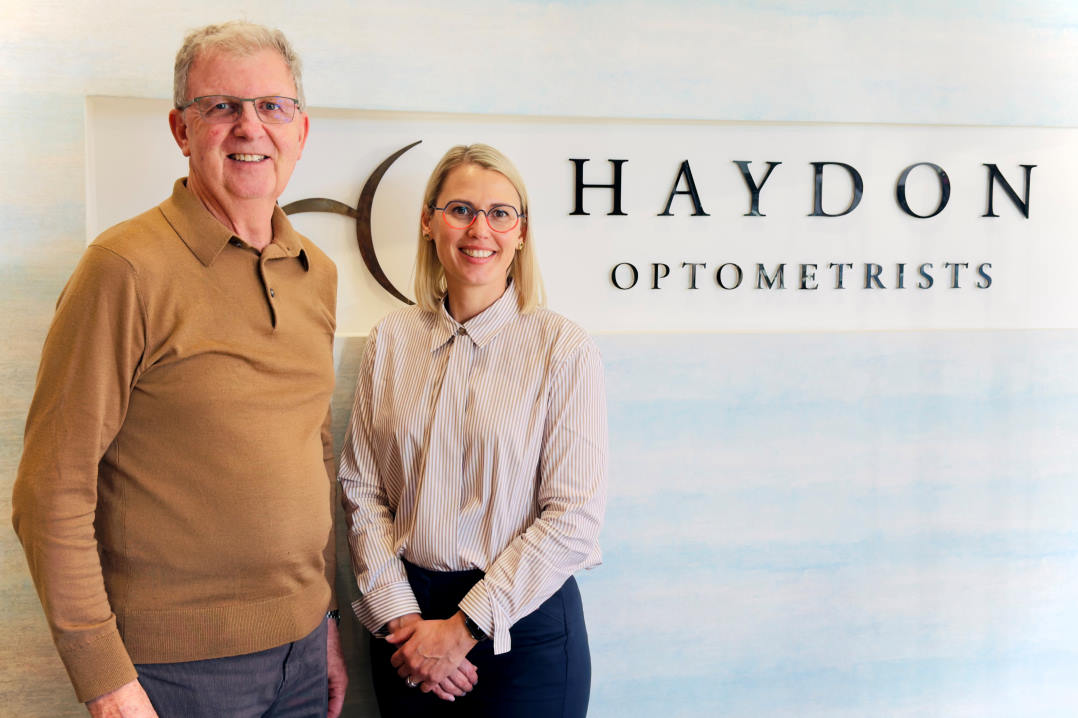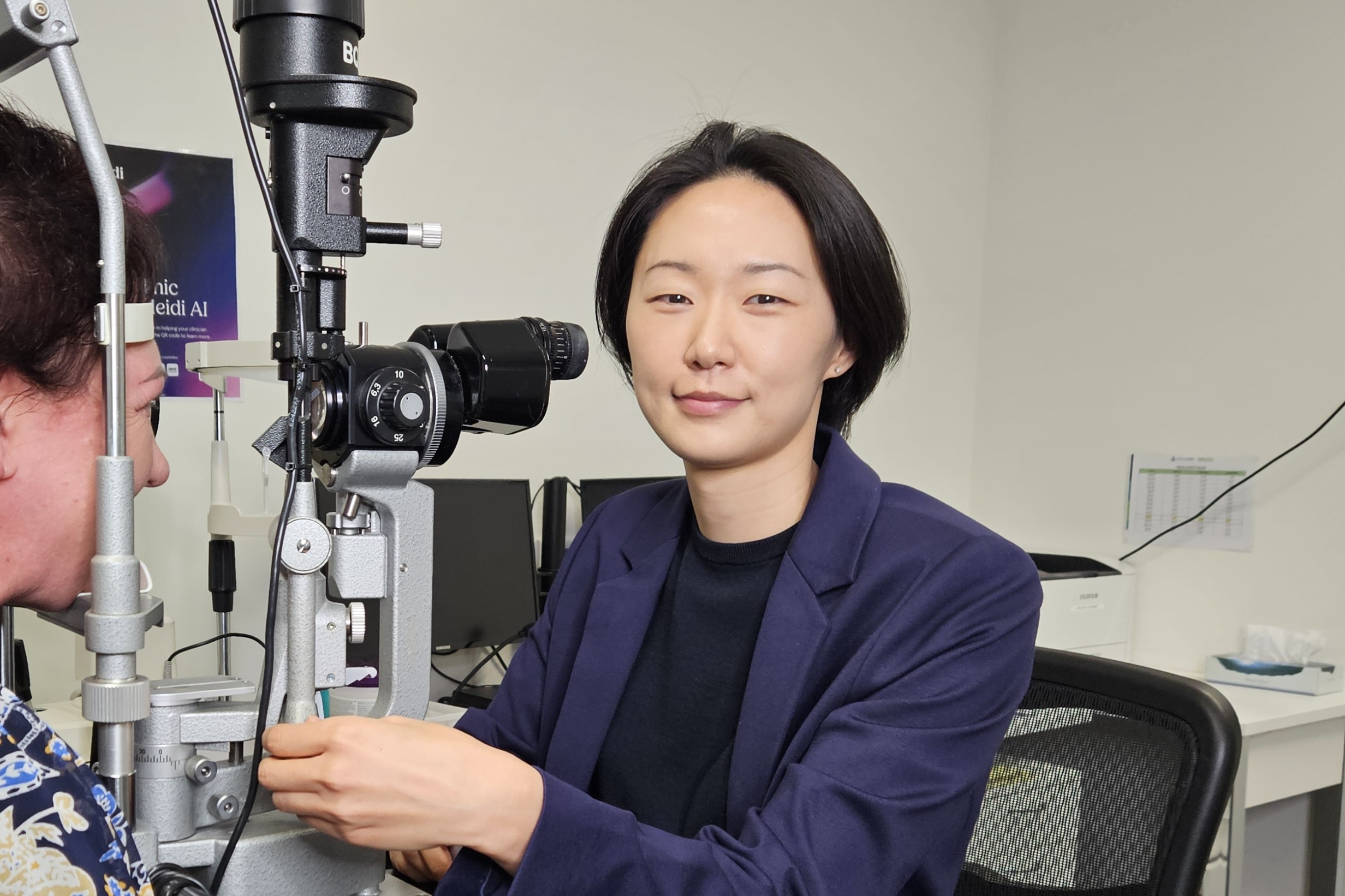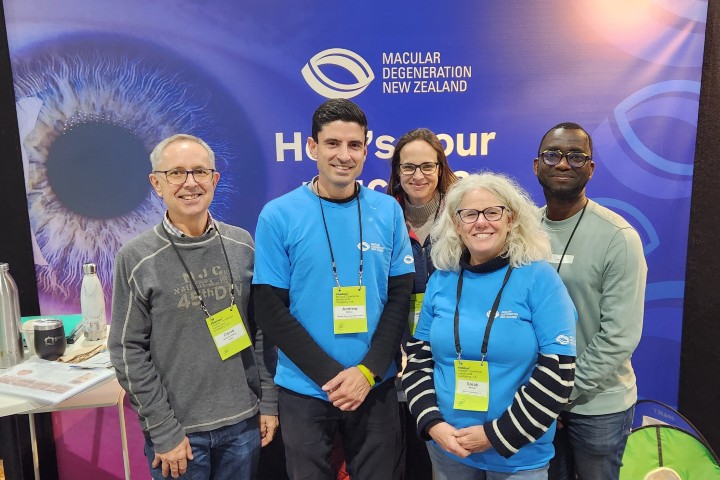AI spots retinal damage early
A new artificial intelligence (AI) deep-learning algorithm could transform screening for patients taking hydroxychloroquine by detecting retinal toxicity years before symptoms appear, according to research published in Ophthalmology Retina.
Hydroxychloroquine, prescribed for autoimmune conditions such as rheumatoid arthritis and lupus, can cause irreversible retinal damage in up to 7.5% of long-term users. Current screening guidelines in the UK recommend annual checks with optical coherence tomography (OCT) after five years of therapy. By that stage, however, substantial vision loss may already have occurred, said the authors.
Development of the new tool, HCQuery, was led by Moorfields Eye Hospital NHS Foundation Trust and the University College London Institute of Ophthalmology using data from Moorfields and other eye centres in the UK and US. Trained on more than 8,000 OCT scans from 409 patients, HCQuery detected retinopathy with 100% sensitivity, identifying affected patients an average of 2.5 years before clinical diagnosis, and achieved 91% specificity for ruling out unaffected individuals, researchers said.
The algorithm also performed consistently across ethnic groups, including self-identified White, Black and Asian patients, and worked with OCT scans from multiple centres and machines, suggesting broad applicability, they reported.

Fig 1. Scans of the retina on three dates prior to a clinician diagnosing retinopathy due to hydroxychloroquine use. A. 2,382 days before the clinician diagnosed retinopathy, the algorithm shows a low (2.4%) probability of retinopathy. B. 1,221 days prior to clinical diagnosis, the algorithm shows a 77.9% likelihood. C. 477 days before a clinician diagnosed retinopathy, the algorithm is 98.1% confident that retinopathy is developing. Credit: Moorfields
Lead author Dr Peter Woodward-Court said this novel approach to screening could significantly improve care for the millions of people who depend on hydroxychloroquine. “Early detection would prevent irreversible vision loss while allowing patients to continue benefiting from this important medication for longer."
The researchers plan to test HCQuery in real-world settings to refine care pathways and assess how the technology could be integrated into routine practice.
























